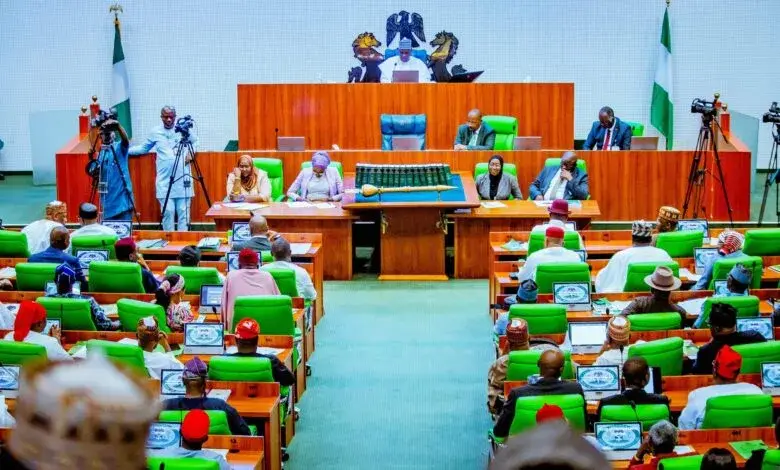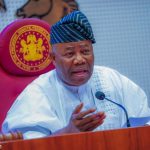
Nigeria’s Reps Reject Bill Proposing Six-Year Single Term for President, Governors, LGA Chairpersons

Nigeria’s House of Representatives rejected a bill proposing a six-year single rotational term for the offices of President, State Governors, and Local Government Chairpersons on Thursday. The bill also proposed holding all elections on the same day to reduce costs.
The proposal, sponsored by Honourable Ikeagwuonu Ugochinyere from Imo State and 33 others, sought to amend the 1999 Constitution. It called for rotational leadership across Nigeria’s six geopolitical zones. According to the bill, elections for the Presidency would alternate between the northern and southern regions every six years.
Speaker Tajudeen Abbas introduced the bill for a second reading during the plenary. Ugochinyere defended the motion, arguing that the proposed changes would promote national unity and reduce the expenses associated with the current four-year election cycle. The bill also suggested that the Independent National Electoral Commission (INEC) fix a single date for all elections in consultation with the National Assembly.
Despite these arguments, the bill received limited support. After a voice vote, most lawmakers rejectedit, with only a few saying yes. Speaker Abbas upheld the decision and finalised the bill’s rejection.
The proposed amendment also included a new subsection to Section 76 of the 1999 Constitution, which outlined that all elections into executive and legislative offices would be conducted simultaneously. Ugochinyere and his co-sponsors believed this would create a more inclusive governance system.
Since the bill was made public in June, it has sparked mixed reactions among Nigerians. Some supporters believe it would curb the desperation often linked to seeking a second term, while others argue that the proposal is an unnecessary distraction from more pressing national issues. The Conference of United Political Parties (CUPP) also weighed in, stating that Nigeria’s primary challenge is not the tenure length of political officeholders but the lack of purposeful leadership.
However, with the bill’s rejection, Nigeria’s existing four-year renewable term for elected officials remains unchanged.
Read More:
- More Debts for Nigeria as Senate Approves Tinubu’s ₦1.77 Trillion Loan Request
- Rema and Seun Kuti to Shine at Coachella 2025
- Nigeria’s National Assembly Adopts Life Imprisonment for Drug Traffickers, Offenders
About The Author
Related Articles
Tinubu Government Delays Release of Signed Tax Acts to the Public
Four days after President Bola Tinubu announced the signing of four tax...
ByMayowa DurosinmiJune 30, 2025As Tinubu Urges Africa-Caribbean Unity in Saint Lucia, Over 272 Nigerians Killed in June Alone
While Nigerians deal with deadly violence, worsening hunger, and mass flooding, President...
ByWest Africa WeeklyJune 30, 2025You Can’t Tax a Dead Economy: Nigeria Is Suffocating Under Its Own Policies
As Nigeria’s Central Bank clings to its benchmark interest rate of 27.5...
ByWest Africa WeeklyJune 30, 2025“Wike is Not a Blessing to Us, He’s a Disaster” — Workers Protest in Nigeria’s Capital Over Unpaid Wages, Poor Working Conditions
Staff members of the Federal Capital Territory Administration (FCTA) in Abuja barricaded...
ByOluwasegun SanusiJune 30, 2025












Leave a comment